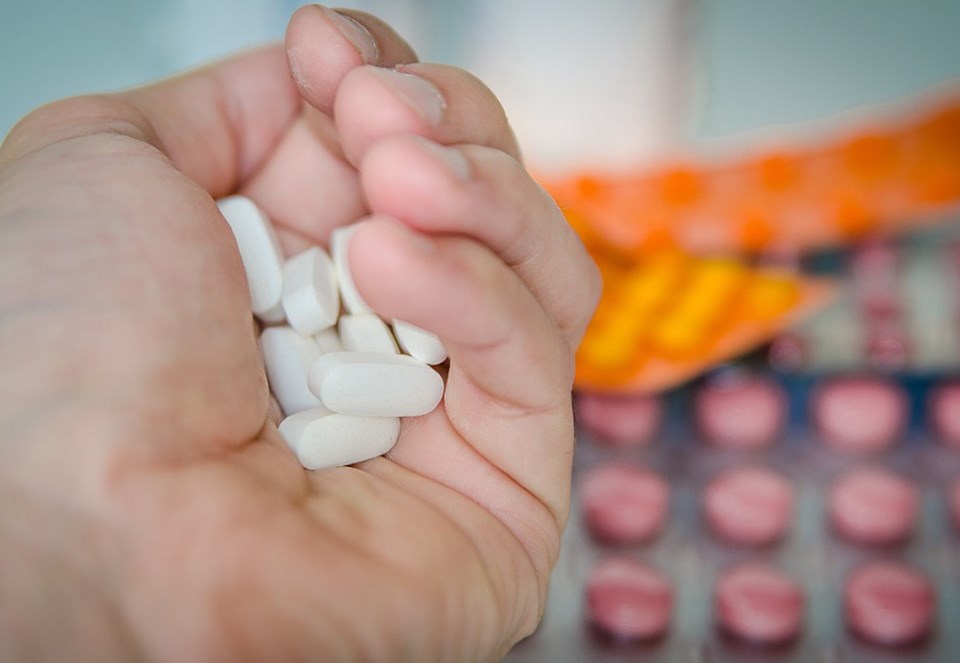BC United is trying to get the force of the Legislature in support of its call to roll back the province’s drug decriminalization.
The party introduced a bill on May 1 that would require the government to send a written request to Ottawa seeking to end the exemption under the Controlled Drugs and Substances Act for possessing small amounts of cocaine, meth, opioids and MDMA.
The bill passed first reading unanimously but if the NDP doesn’t call for the debate of the bill in the house, it will show the government is avoiding accountability, “for the chaos and harm caused by this failed policy,” BC United leader Kevin Falcon said in a news release.
“This bill marks the third attempt by BC United to bring the issue to a vote.”
In November 2021, B.C. requested a three-year exemption under section 56(1) of the Controlled Drugs and Substances Act to decriminalize people who use drugs. That was enacted on Jan. 31, 2023.
But last November, the government passed the Restricting Public Consumption of Illegal Substances Act, intending to give police more tools to address drug use in public areas. However, that’s being challenged in court.
Then on April 26, the government announced it was now asking Health Canada, “to urgently change” the decriminalization exemption, in order to ban drug use in public places.
That change will give police the power, “to enforce against drug use in all public spaces, including hospitals, restaurants, transit, parks, and beaches. Guidance will be given to police to only arrest for simple possession of illicit drugs in exceptional circumstances.”
The change would not recriminalize drug possession in homes, or at overdose prevention sites and drug-checking locations.
But if police are called to a scene where illegal and dangerous drug use is taking place, they’ll have the ability to compel the person to leave the area, seize the drugs if necessary or arrest the person.
Delta Police are awaiting official notification of any change that would restore the power of arrest for those using drugs in public places.
“We won’t make any decisions or do anything differently until there is a formal response that’s provided and changes the exemption,” said A/Insp. James Sandberg.
Since decriminalization in January 2023, police have seen more public drug use but, “in the grand scheme of things, I don’t think we’ve seen it as much as anticipated,” Sandberg said.
If they get a complaint they’ll still go and talk to people, but it’s managed differently.
“It’s not illegal to possess. It’s not illegal to consume in public if that possession amount is within the guidelines,” he said.
Police are now taking more of a care approach and are checking on the welfare of people and telling them of resources available.
Since decriminalization it’s also been more recognized that drug use is more of a health concern than a criminal matter, he added.
However, arrests for small amounts of drugs also could lead police to finding other offences.
Delta’s smaller population could explain why the drug use and disorder is not on the same scale as in other cities, Sandberg added.
But he said what’s still missing is in decriminalization is a broader approach to drug issues, with not enough attention paid to rehabilitation and treatment.



